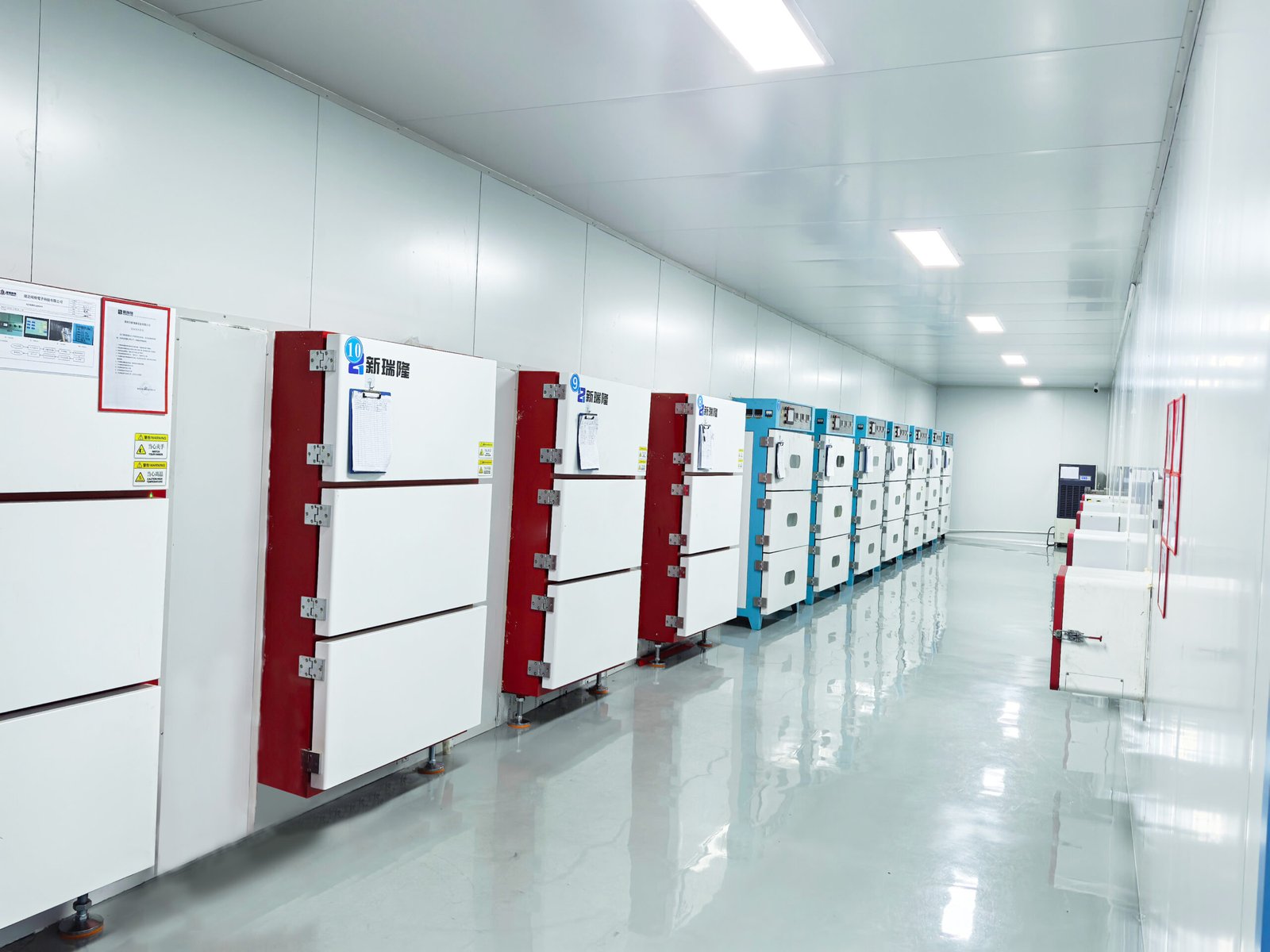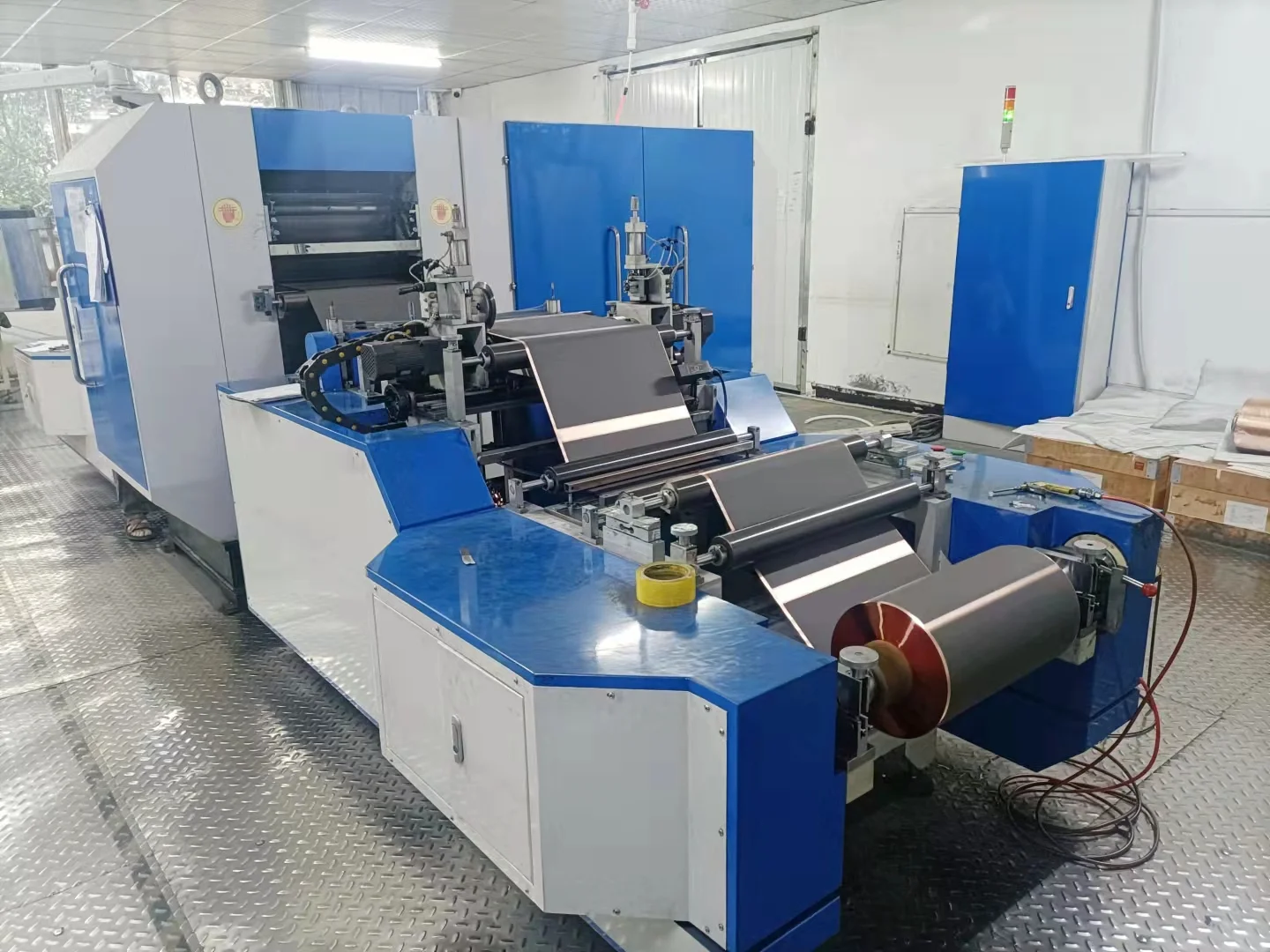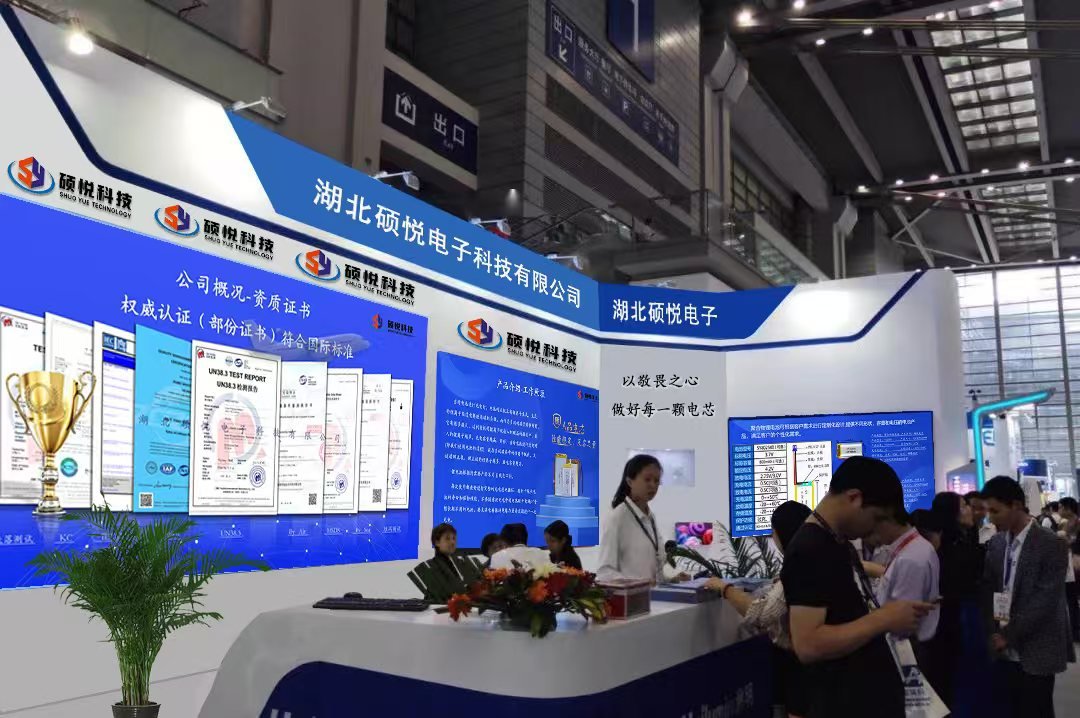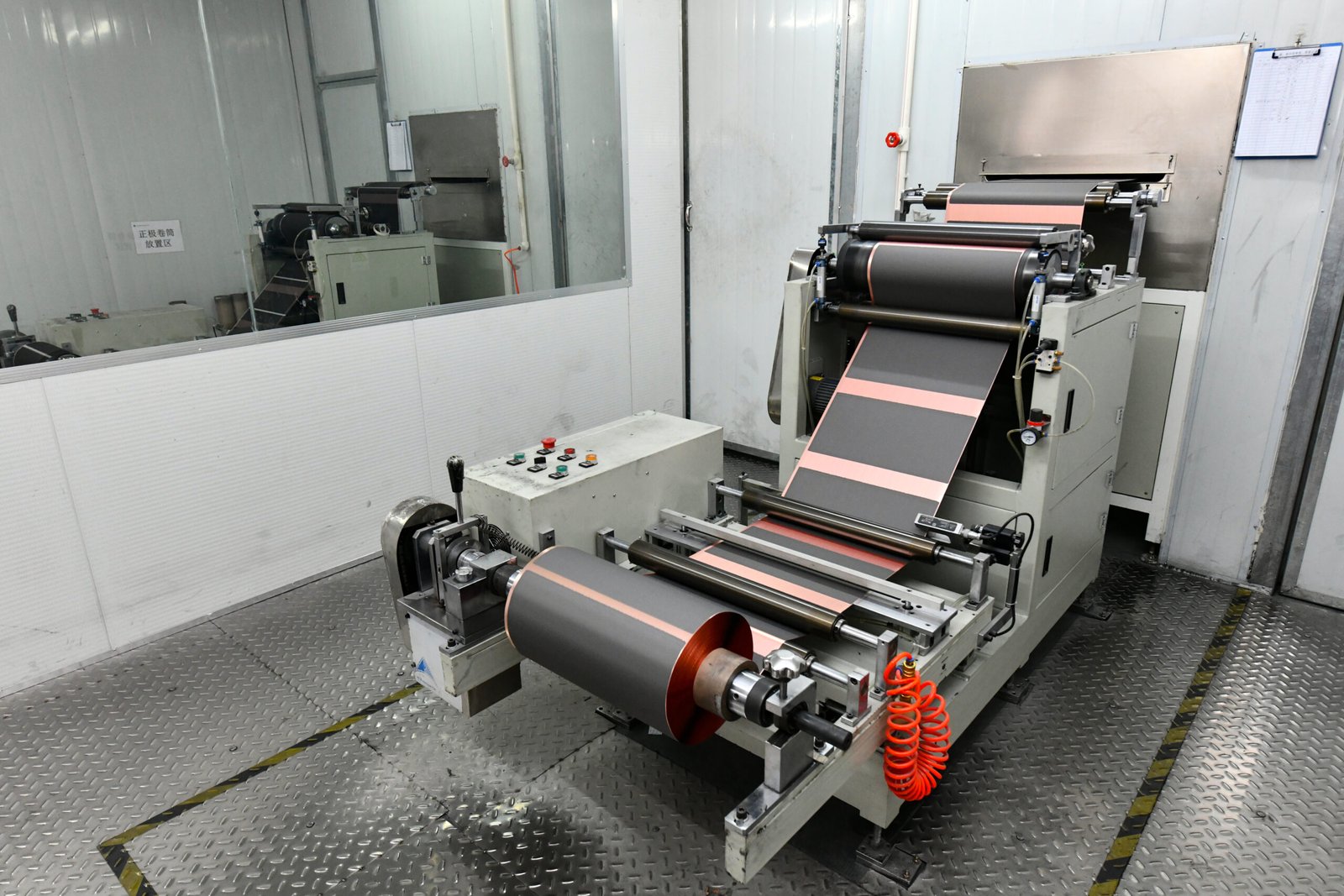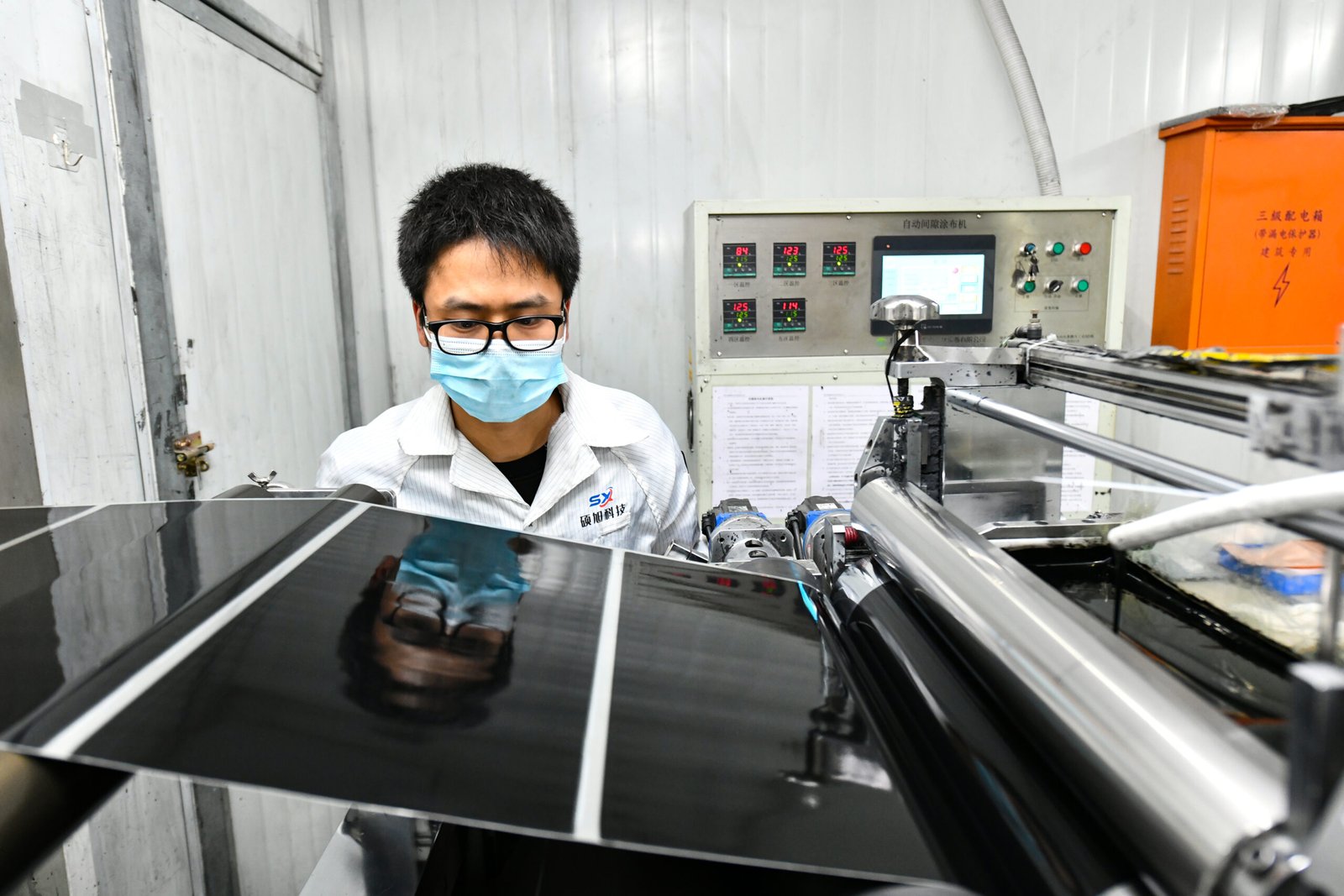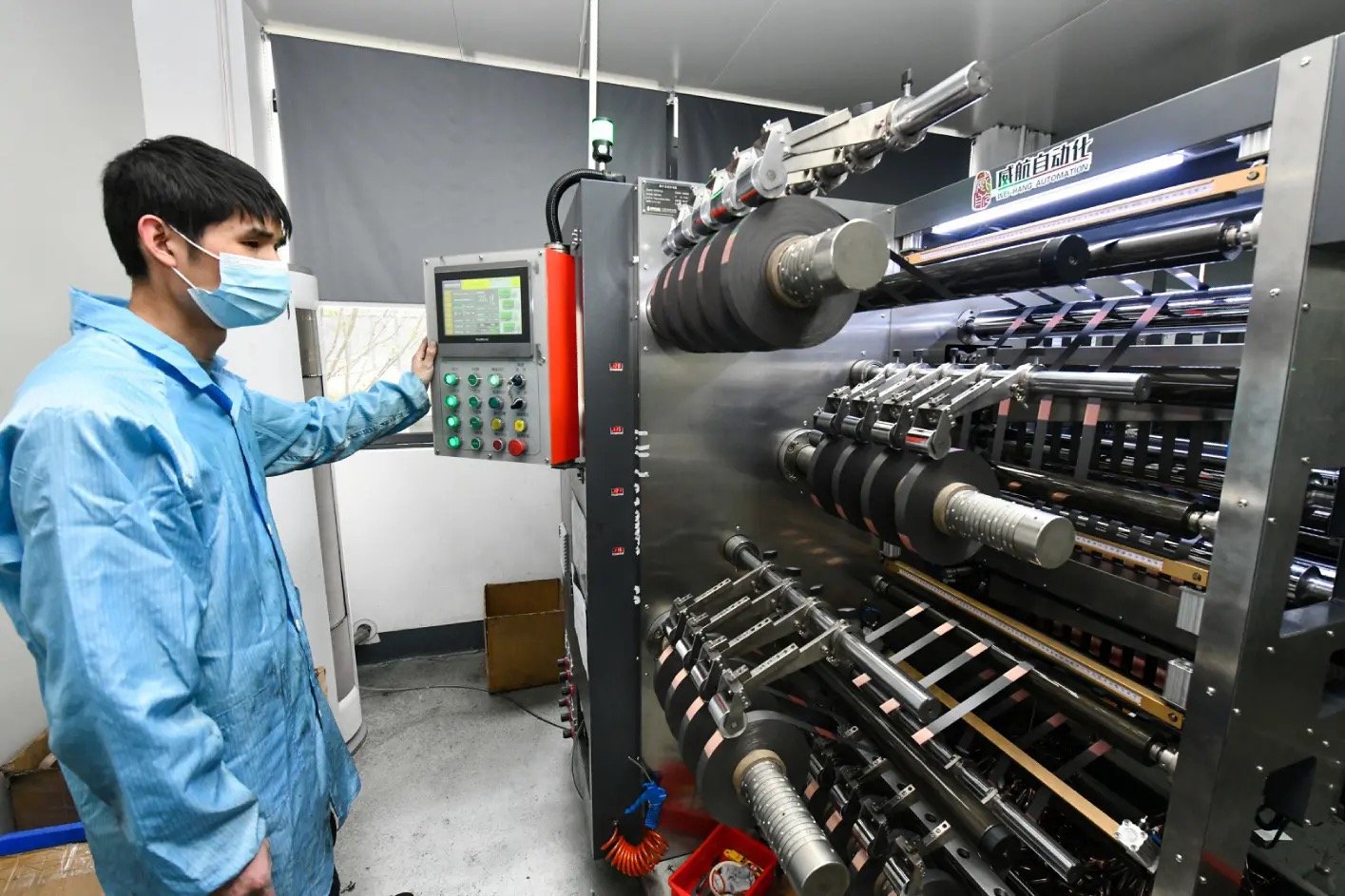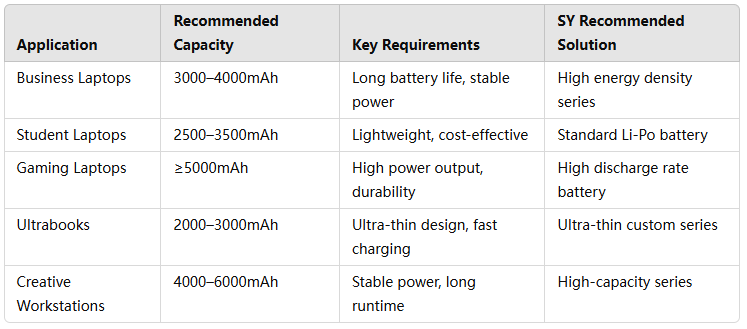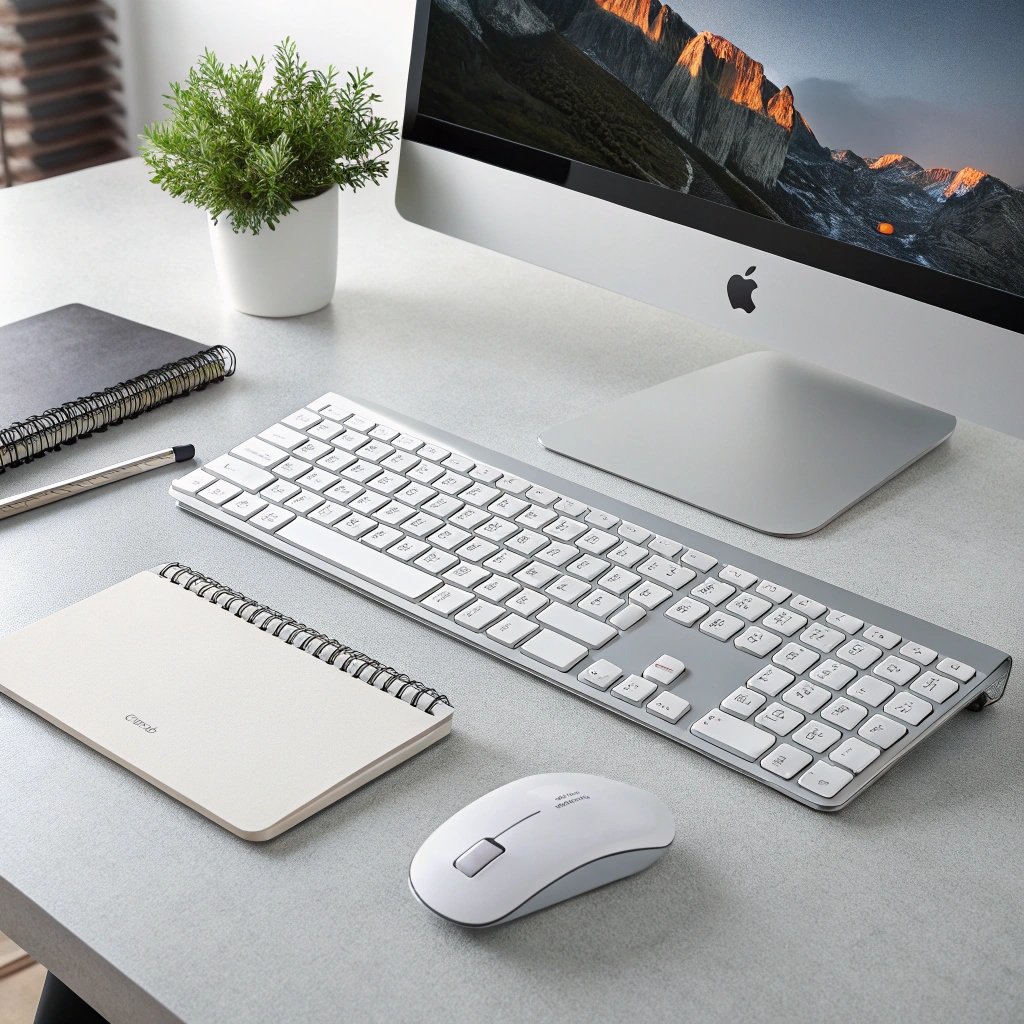
💻 The Ultimate Guide to Purchasing Lithium Polymer Batteries for Laptops
Lithium Polymer (Li-Po) batteries have become the preferred choice for laptop manufacturers and users due to their high energy density, lightweight design, excellent safety features, and long cycle life. Whether you’re an OEM manufacturer, wholesaler, or distributor, choosing the right battery is crucial for ensuring product performance, user satisfaction, and market competitiveness.
This comprehensive guide will help you understand how to select the best lithium polymer batteries for laptops, covering battery performance parameters, application scenarios, procurement processes, and supplier evaluation criteria.
Table Of Contents For This Page
Explore over 300 models and find the perfect battery solution for your project.

1️⃣ Why Choose Lithium Polymer Batteries for Laptops?
Lithium polymer batteries have gained popularity in the laptop industry due to the following advantages:
- High Energy Density: Store more energy in a compact form, enabling longer battery life.
- Lightweight & Slim Design: Ideal for modern ultra-thin laptops and portable devices.
- Low Self-Discharge Rate: Retain charge even after long periods of inactivity.
- Excellent Safety Features: Equipped with overcharge, short-circuit, and overheat protection.
- Fast Charging & Long Cycle Life: Recharge quickly and endure ≥500 charge cycles.
2️⃣ Lithium Polymer vs. Other Battery Types
Conclusion: For users seeking portability, long battery life, and enhanced safety, lithium polymer batteries are the best option for laptops.
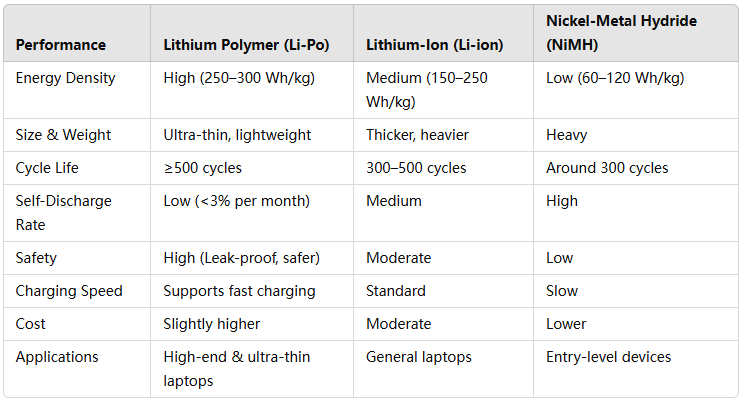
3️⃣ Key Factors to Consider When Selecting Lithium Polymer Batteries
🧮 1. Battery Capacity & Endurance Requirements
- Office Laptops: 3000mAh–4000mAh for 8–10 hours of usage.
- Gaming Laptops: ≥5000mAh for extended high-performance sessions.
- Ultrabooks: 2500mAh–3500mAh to balance thinness and battery life.
📐 2. Size & Compatibility
- Ensure the battery size fits the laptop’s internal structure.
- Thickness is crucial for maintaining the device’s sleek design.
- SY offers fully customizable sizes and shapes.

🔒 3. Safety Certifications & Compliance
- Check for essential international certifications:
- CE (European safety standard)
- UL (US safety certification)
- RoHS (Restriction of Hazardous Substances)
- UN38.3 (Transport safety certification)
- Confirm built-in safety features:
- Overcharge protection
- Over-discharge protection
- Short-circuit protection
- Temperature monitoring
⏳ 4. Cycle Life & Charging Performance
💵 5. Cost & Bulk Purchase Discounts
5️⃣ How to Evaluate and Select a Battery Supplier
🏭 1. Production Capacity & Delivery Assurance
✅ Can the supplier handle large orders consistently?
✅ Is their monthly production capacity sufficient? (SY: 4 million units/month)
✅ Do they offer emergency order services?
🧪 2. Quality Control & Certifications
✅ Compliance with ISO 9001 Quality Management Systems?
✅ Rigorous outgoing product inspections?
✅ Availability of third-party certification reports?
📝 3. Customization & Technical Support
✅ Can the supplier customize battery size, capacity, and connectors?
✅ Do they have a dedicated R&D team for technical assistance?
💬 4. After-Sales Service & Response Time
✅ Do they offer warranties?
✅ How do they handle defective products and replacements?
✅ Is technical support responsive and reliable?
💵 5. Competitive Pricing & Long-Term Cooperation
✅ Are there discounts for bulk orders?
✅ Do they provide flexible payment terms?
✅ Can they ensure stable long-term supply?
6️⃣ Step-by-Step Procurement Process
✅ 1. Needs Assessment & Solution Proposal
🧪 2. Sample Testing & Evaluation
📝 3. Contract Signing & Production Order
🏭 4. Production & Quality Inspection
🚚 5. Shipping & Delivery
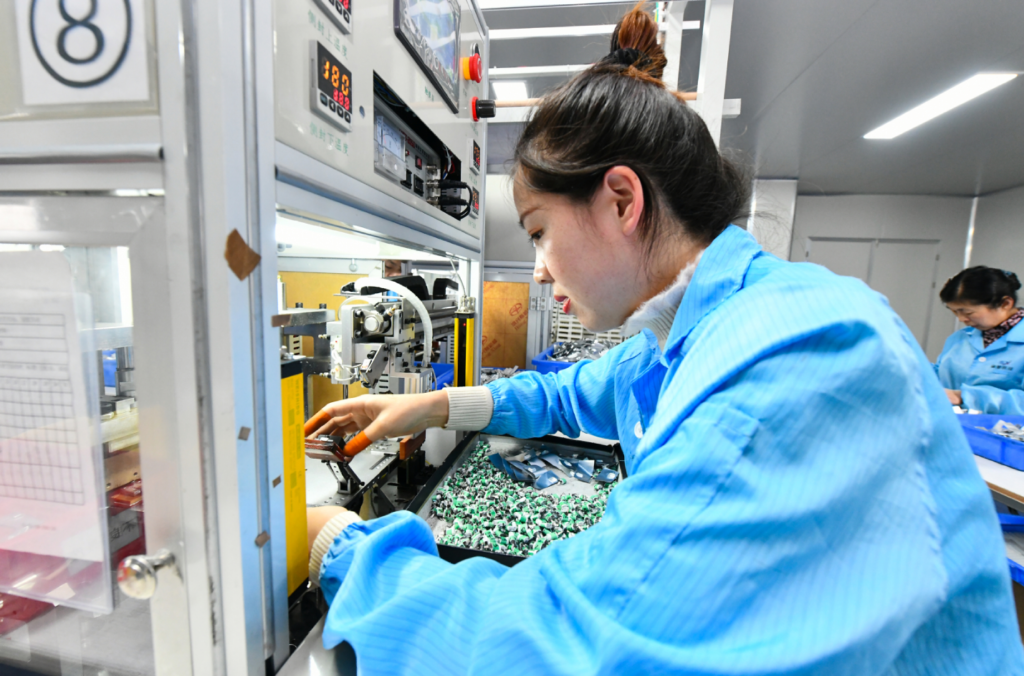
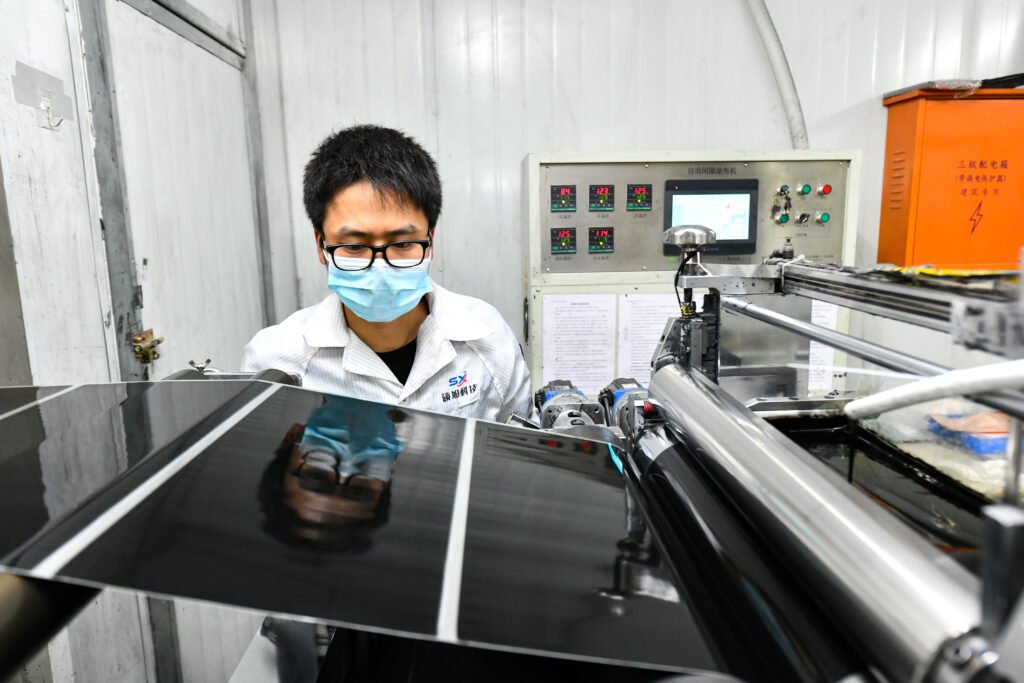
7️⃣ Common Procurement Issues and Solutions
Vivamus ultrices ipsum, commodo vitae, elit nec ipsam luctus. Eget non vitae scelerisque eget sapiente libero, lorem nam quis vitae quis morbi, id consequat mauris massa. Nibh sed accumsan pede gravida nec.
✅ Conduct sample tests before bulk orders.
✅ Request third-party inspection reports and certification documents.
✅ SY offers expedited production with delivery in as little as 7 days.
✅ Yes, bulk purchases receive special pricing and flexible terms.
Blogs
10 Battery Customization Options OEM Buyers Should Know
Introduction In today’s fast-evolvi
Is It Safe to Use Custom Lithium Polymer Batteries in Medical Devices?
Introduction As medical devices inc
How to Verify a Lithium Battery Supplier’s Certification Before Importing
Introduction In today’s fast-
Top 10 Lithium Battery Manufacturers with CE, UL, and UN38.3 Certifications
Introduction In the ever-expanding
Battery Size Guide: How to Choose the Right Polymer Lithium Battery for Your IoT Device
Introduction Choosing the right pol
Fast Charging vs Normal Charging: What’s Best for Your Wearable Device Battery?
In today’s fast-evolving consumer e

